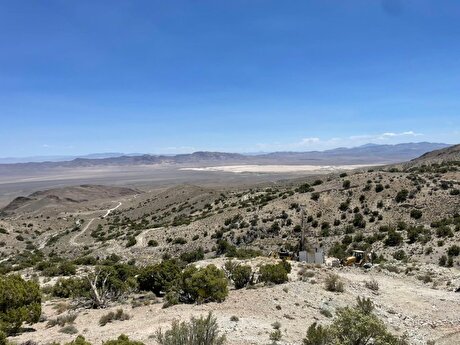
Establishing 8 new FTZs across Iran on agenda
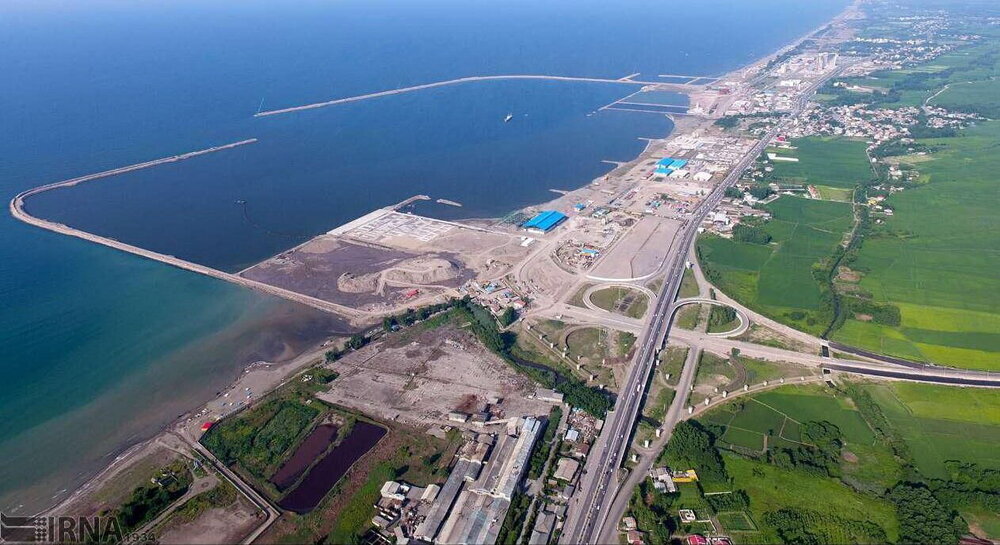
Currently, in addition to the current eight free zones, the creation of eight new zones is on the agenda, and we can certainly benefit from the capacities of the [Transport Ministry’s] Research Center in this regard.”
Bank made the remarks in a gathering of the heads of the country’s FTZs with experts from the Transport and Urban Development Ministry’s Research Center in Tehran.
Speaking in the meeting, the official underlined the significant role that the Transport Ministry’s Research Center can play in development of the country’s free and special zones and said the studies conducted by the center provides the ground for future cooperation.
“We can have a productive cooperation for development of standards and regulations, as well as the issuance of technical certificates,” he said.
Bank mentioned energy, and safety measures against disasters like fire and earthquake as other areas of cooperation with the research center and said: "We are facing shortcomings in construction, energy and disaster management fields, and we hope that the results of the studies by the center would help us in this areas.”
Establishment of free trade zones in Iran dates back to the Iranian calendar year 1368 (March 1989- March 1990) following the fall in the country’s oil income in the preceding year which prompted the government to promote the non-oil exports.
The first two free trade zones of Iran were established in the south of the country. The first one was Kish Free Trade Zone established in 1368 on Kish Island in the Persian Gulf and the second one was Qeshm Free Trade Zone established the year after on Qeshm Island in the Strait of Hormuz.
In recent years, considering the important role that free and special zones play in promoting the country’s export and employment, Iran has been seriously pursuing development of its existing FTZs and establishment of new zones as well.
More development measures in this field have been taking since the U.S. re-imposition of sanctions on the Iranian economy in November 2018, as Iran is reducing its dependence on the oil income while elevating its domestic production and non-oil exports.


Gold price eases after Trump downplays clash with Fed chair Powell

Copper price hits new record as tariff deadline looms

Brazil producers look to halt pig iron output as US tariff threat crimps demand
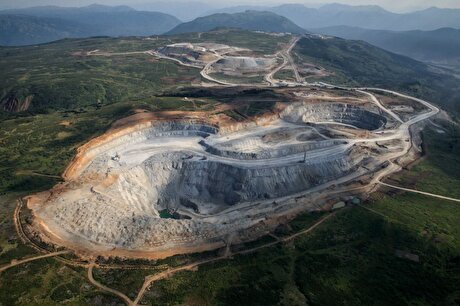
Three workers rescued after 60 hours trapped in Canada mine
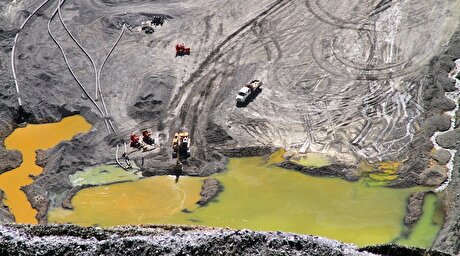
US targets mine waste to boost local critical minerals supply
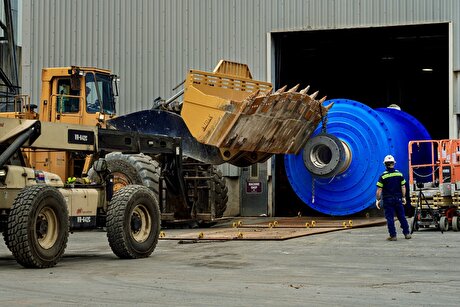
Titan Mining targets Q4 2025 to become only integrated US graphite producer
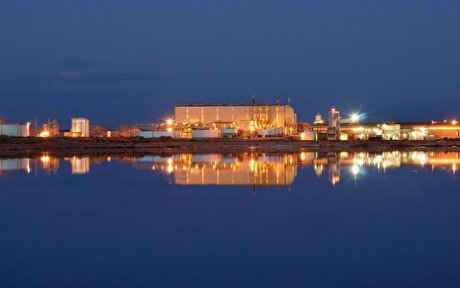
Energy Fuels surges to 3-year high as it begins heavy rare earth production
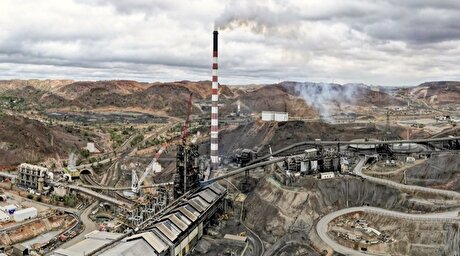
Glencore workers brace for layoffs on looming Mount Isa shutdown
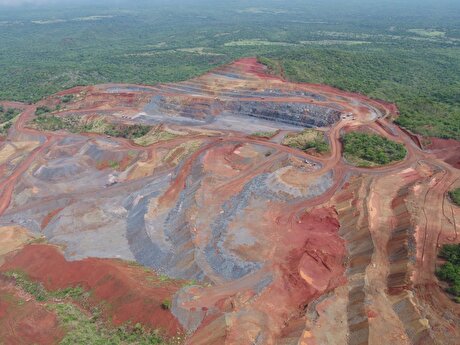
Resolute publishes initial resource for satellite deposit near Senegal mine

Gold price could hit $4,000 by year-end, says Fidelity

Southern Copper expects turmoil from US-China trade war to hit copper

Ramaco Resources secures five year permit for Brook rare earth mine in Wyoming

Column: EU’s pledge for $250 billion of US energy imports is delusional

Finland reclaims mining crown as Canada loses ground

Gold price down 1% on strong US economic data
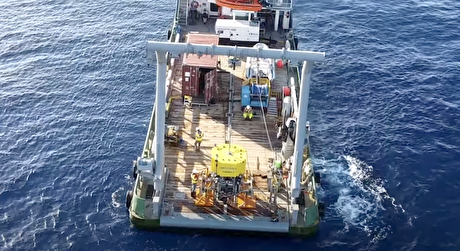
Trump’s deep-sea mining push defies treaties, stirs alarm
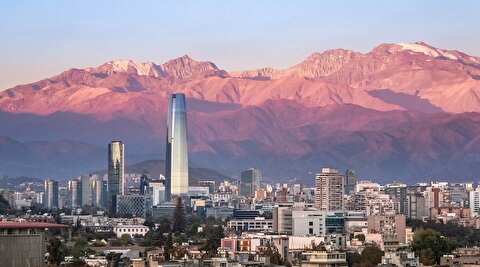
Chile’s 2025 vote puts mining sector’s future on the line
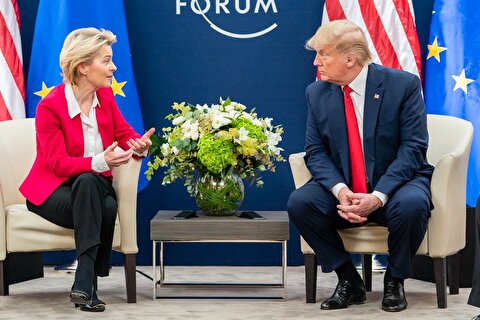
Gold price retreats to near 3-week low on US-EU trade deal
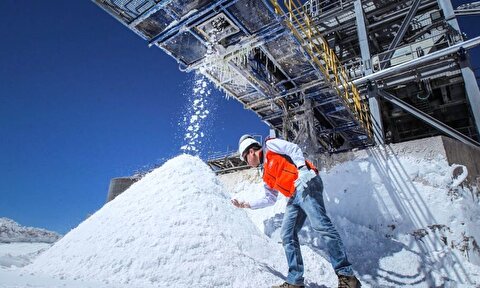
China’s lithium markets gripped by possible supply disruptions

Gold price could hit $4,000 by year-end, says Fidelity

Southern Copper expects turmoil from US-China trade war to hit copper

Ramaco Resources secures five year permit for Brook rare earth mine in Wyoming

Column: EU’s pledge for $250 billion of US energy imports is delusional

Gold price down 1% on strong US economic data

Trump’s deep-sea mining push defies treaties, stirs alarm

Chile’s 2025 vote puts mining sector’s future on the line

Gold price retreats to near 3-week low on US-EU trade deal

China’s lithium markets gripped by possible supply disruptions
